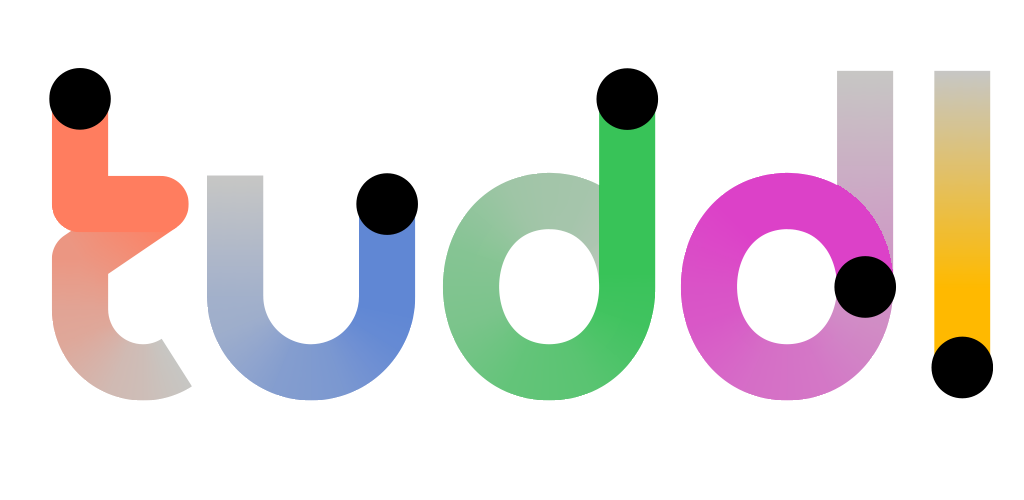As more organisations embrace the new world of hybrid/flex working and remote teams emerge, we’re often asked by leaders how companies can maintain or enhance culture and purpose.
Add onto this a layer of digital transformation, whereby companies are adopting new technologies or innovations to not only thrive, but to operate – it can make the most courageous C-suite executive shudder.
It can be a scary thought; your teams working from anywhere in the world, not necessarily having physical touch points or in-person interactions. The worst case scenario is a disparate, unmotivated, siloed team that is lost at sea (and potentially very busy, but not productive).
How do you anchor teams to a purpose and culture that spans across oceans, both metaphorical and literal?
1. Focus on the culture and capabilities you’re trying to build
It will come as no surprise that to enhance or maintain company culture, you need to be clear on your company values and how they impart into the daily operations of the business.
Culture is more than employee perks and benefits. It’s how teams come together, interact, make decisions and deliver through the company values.
The values and behaviours you want to see in your people need to be articulated and defined. These are manifested differently in the virtual world than in an office environment, but they still need to be reinforced frequently to support collaboration and teamwork.
One way to help employees operationalise a values-led culture is to focus on shared goals, what these lived behaviours look like in real situations, and celebrate with individuals when they exhibit them.
2. Place employee wellbeing at the forefront
Remote teams will only be successful if people are set up for full psychological safety. To avoid teams feeling a fear of expressing their opinions and needs, employees need support to operate from a place of trust, openness and inclusivity. Physical distance should not create emotional distance between teams.
Create moments of interaction that go beyond the jobs to be done, and saviour the time for small moments of inefficiency between virtual meetings. It’s important to maintain a social unity that draws teams together on various levels of formality and informality.
Whether it’s employee wellness programmes, daily check-ins, or Friday hangouts and virtual break rooms, supporting your people and showing them you care about their wellbeing will directly impact on their performance in a remote or hybrid working environment.
3. Use the right technology software and tools
From our experiences of working with organisations and brands around the world, the most significant learning is that digital transformation is more about people than technology.
Reinforcing company culture with tools that are intrinsically built for remote teams is the first step. Though, be considerate of the top-down approach. Setting the tone is important, but you’ll want to make sure you’re all moving in the same direction together and everyone is along for the ride.
Using an employee performance tool, such as Tuddl, helps to clearly communicate your team’s priorities with their input on what matters the most. It also centres your teams with shared accountability for goal-setting, priorities, and collaboration just as well as you would in any office setting.
4. Identify the seeds of problems and eliminate unnecessary stress
Sounds like a challenge, right? Harnessing the ability to check the workplace climate and identify various challenges that teams are facing is one of the best ways to build a winning culture.
With Tuddl, you’ll be able to go a step further, identify trends and pinpointing areas of improvement that are forward-focused. Hindsight is a wonderful thing – Proactive, action-led improvements that allow you to get ahead of the issue are much better!
Knowing what issues are stressing your team demonstrates that you have your finger on the pulse of your organisation. Moving on issues before they become damaging helps your teams maintain a sense of purpose, prioritise meaningful work, and keep focus.
5. Combine people insights and team experience
Understanding your people is key to nurturing and fostering a thriving workplace culture. Data is great in helping steer your culture, though it can sometimes be misinterpreted and politicised – “Oh, we’re a data-led company. The data is saying X so we’re doing that. No questions asked.”
Sometimes data doesn’t exist at all, or it’s so siloed that there’s no real one-source of truth. Where data is present, organisations simplify to make sense of the complex. The result is decisions that are top-down and misses the contextual nuances; a choice that leadership can live with, but no one is really happy with.
The beauty of Tuddl is that unlike other employee engagement and performance tools, we give ownership to teams to clue-in leadership. Combining your people’s own experience and expertise, alongside overarching team insights, results in better data-informed decisions that aid connectivity and shared ownership.
Creating and maintaining a company culture is crucial for any business; even more so for businesses operating remotely. These new working patterns can create huge opportunities, though they also pose unique challenges. If we can sum it up, it’s about identifying those challenges, developing agile solutions and support, and being intentional about your commitment to culture and purpose.
Need help empowering your teams? Connect with one of our Tuddl team members to schedule a demo and start your journey to a winning culture.



